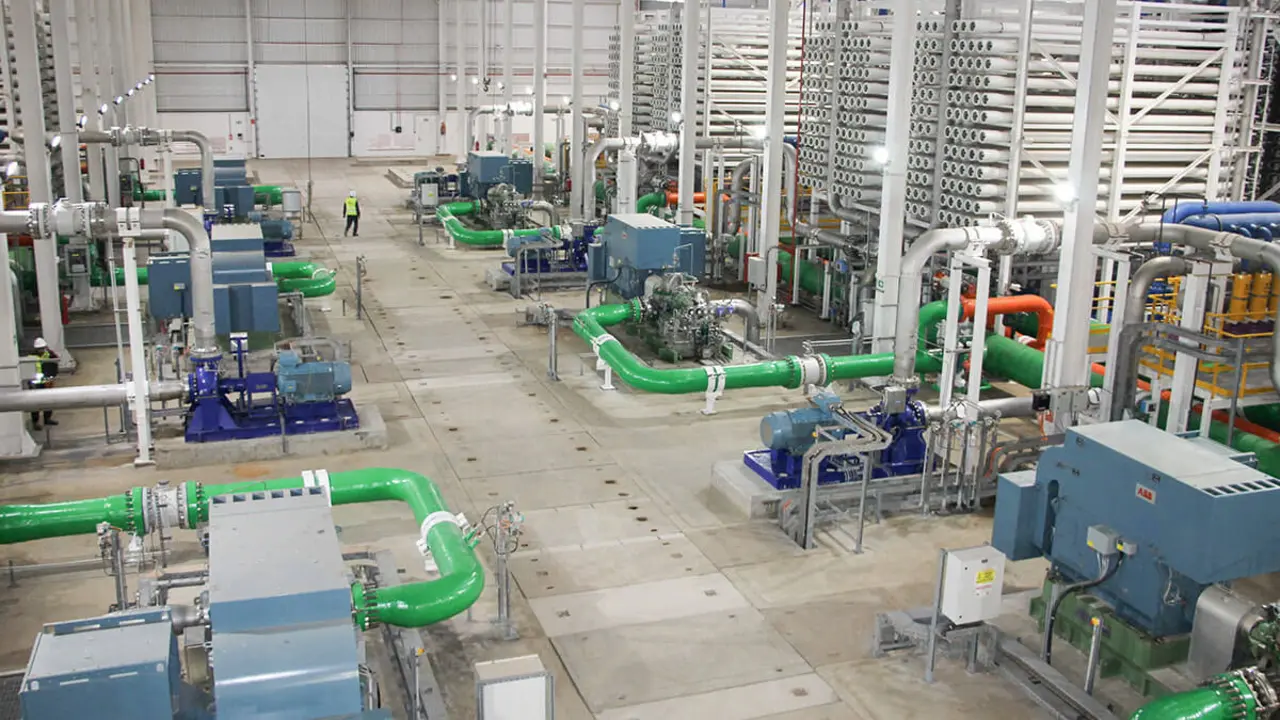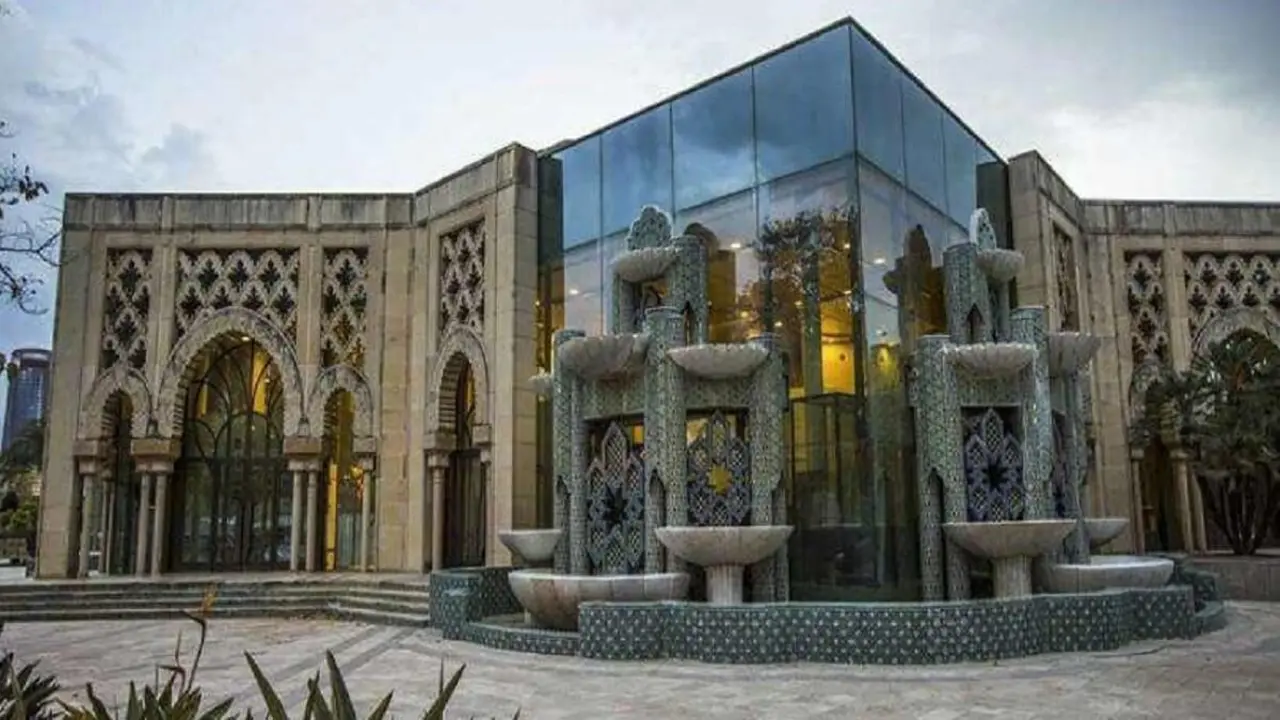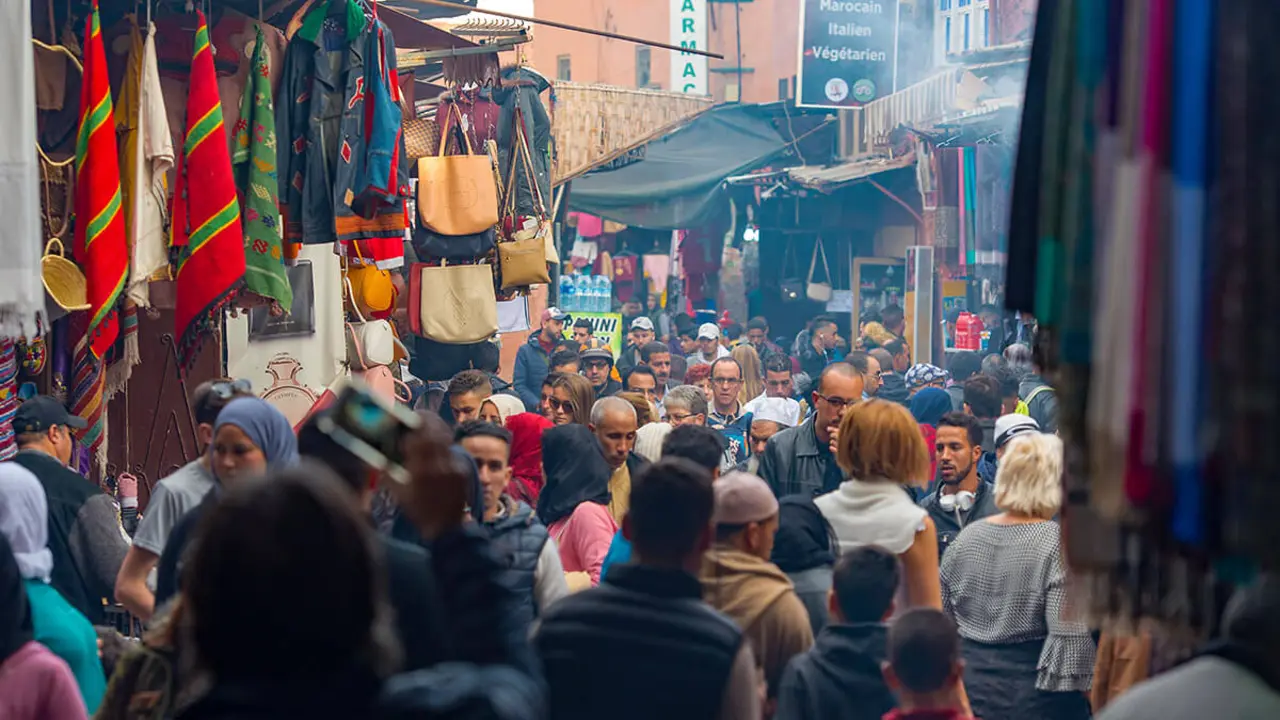Francia dificulta la emisión de visados para los marroquíes y agrava la situación con Rabat

Diplomatic relations between France and Morocco depend to a large extent on the visas issued by Paris to Moroccan citizens. In fact, the decision taken by Paris in 2021 to reduce the volume of visas for Moroccans and Algerians by 50%, and by 30% for Tunisians, did not sit well in Rabat. The country presided over by Emmanuel Macron justified this decision as a consequence of "the refusal of these countries to take back their citizens against whom deportation orders were issued".
However, it seemed that the situation between Morocco and France had been redirected with the visit of French Foreign Minister Catherine Colonna to Rabat last December, when the minister assured that the relationship between the two countries is "exceptional". And the reality is that, although the links between the two countries represent one of the most important partnerships for the French in the Maghreb region, in Morocco they are increasingly dissatisfied with the obstacles imposed by Macron's government in relation to visas.

Numerous organisations and associations in the Alawi kingdom describe the management of the visa issuing process as 'shameful' due to the complexity of the procedures. In addition, despite Colonna's assurances that "the political decisions taken in mid-December, i.e. the return to normality in terms of issuing visas to Moroccan citizens, are well implemented", the Kingdom believes that "the results were disappointing" and that the situation regarding the issuing of visas "has not changed".
These organisations have complained for various reasons, one of the main ones being the payment of administrative fees when submitting an application, regardless of whether or not it is later approved. They call for payments to be made only in case a visa is granted. In addition, they charge that "the complexity of the procedures and the multiplicity of categories and subcategories that organise the process", claiming that this makes the process obsolete, opaque and susceptible to fraud.

While Morocco is unhappy about the difficulties of the process, the French embassy in Rabat is ignoring the requests. In fact, it issued a communiqué last January stating that consular activity had "returned to normal". They even said that "the objective is to return to the normal activity that preceded the health crisis in 2020". However, far from the "easing" that the French consulate claims to be carrying out, Moroccan organisations report a tightening of appointment procedures.
The latest figures published on 26 January by the French Interior Ministry indicate that 142,921 visas were granted to Moroccan citizens last year. This figure is the second highest after India, and the highest on the African continent.

Observers believe that this problem is likely to have a major impact on relations between France and Morocco. They consider that these difficulties in obtaining visas reinforce the position of the Alaouite kingdom, which accuses Paris of hindering these processes. The organisations explain that Europe defends "the sovereignty of countries over their borders and control over them", but, they say, "there is no sovereignty in question here, there is a right that states must respect, especially in urgent cases".








